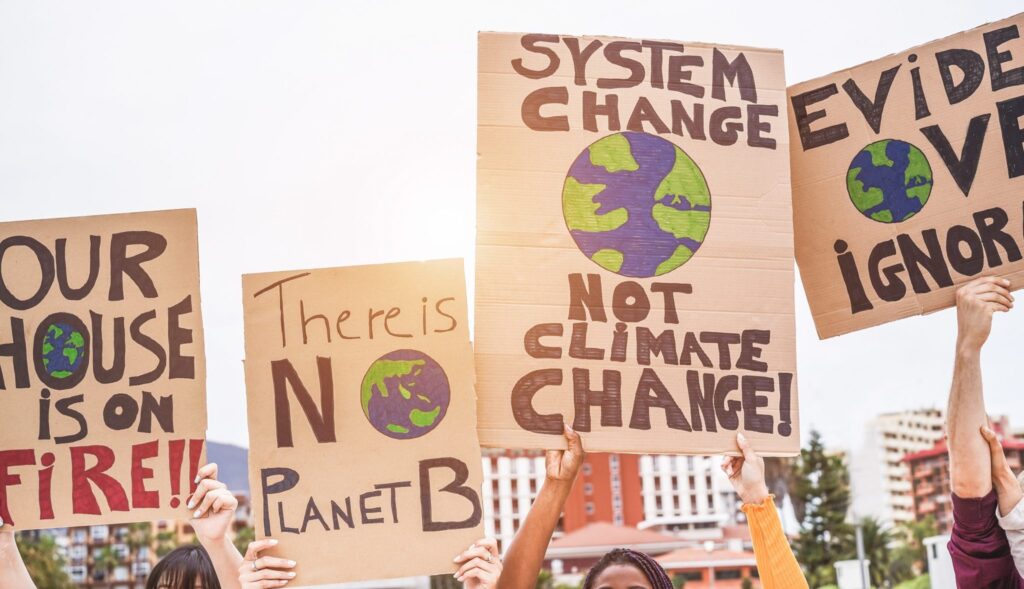environment
analysis
April 9, 2024 | Report
Read the report here.

 In an era of defining global crises, indebted low- and middle-income countries (LMICs) have received limited international support in the wake of the COVID-19 pandemic and are now facing austerity measures. are doing. This situation is exacerbated by the emerging debt crisis in developing countries, hampering the potential for public investment needed to achieve the Sustainable Development Goals and avoid the worst effects of the climate crisis.
In an era of defining global crises, indebted low- and middle-income countries (LMICs) have received limited international support in the wake of the COVID-19 pandemic and are now facing austerity measures. are doing. This situation is exacerbated by the emerging debt crisis in developing countries, hampering the potential for public investment needed to achieve the Sustainable Development Goals and avoid the worst effects of the climate crisis.
In this alarming situation, the argument emanating from the World Bank, other international financial institutions (IFIs), G20 governments, and many think tanks is that there will never be enough public finance to solve global challenges. “No.” This extends to efforts to decarbonize the energy sector in LMICs. Here, the World Bank is playing a key role in advocating for a private sector-led approach to electricity decarbonization, using scarce concessional funding to attract private investors.
A new report from the Bretton Woods Project finds that World Bank Development Policy Financing (DPF), in which borrowing countries agree to take on specific conditions in exchange for budgetary support loans, subsidies and guarantees, can be used to improve energy sector reforms. The World Bank's approach has been found to form an important aspect of the World Bank's . Our review of energy sector conditionality in the DPF from 2018 to 2023 reveals a pattern of accelerated neoliberal reforms in many countries' energy sectors. These reforms are consistent with the Bank's approach since the 1990s, aimed at unbundling existing power companies and increasing private sector involvement, and in recent years have The emphasis is on carbonization.
This report aims to stimulate a broader debate about whether a private sector-led approach to energy transition is viable, particularly in the Global South, and what trade-offs this approach might imply. is. The report argues that a civilian-led transition faces challenges on at least two major fronts. First, there is reason to be concerned about the potential success of this policy paradigm itself in terms of creating 'bankable' green projects in LMICs. It's never simple. Second, reconciling the “bankability” of projects (i.e. investor interests) with a just energy transition that centers people's rights in LMICs presents even greater challenges. Countries and peoples of the Global South are at risk of bearing the risks and costs. Related to this private sector-led approach.
The report claims that The World Bank shouldin the first example:
- Redirect World Bank DPF financing to help countries achieve green energy transitions rooted in energy sovereignty and strong national ownership.
- Increase transparency across DPF operations and strengthen public and Congressional oversight.
This report was produced as part of BWP's environmental advocacy work. If you have any questions about the project or the report itself, please contact Jon Sward, Environmental Project Manager, at jsward@brettonwoodsproject.org.
Read the report here.



